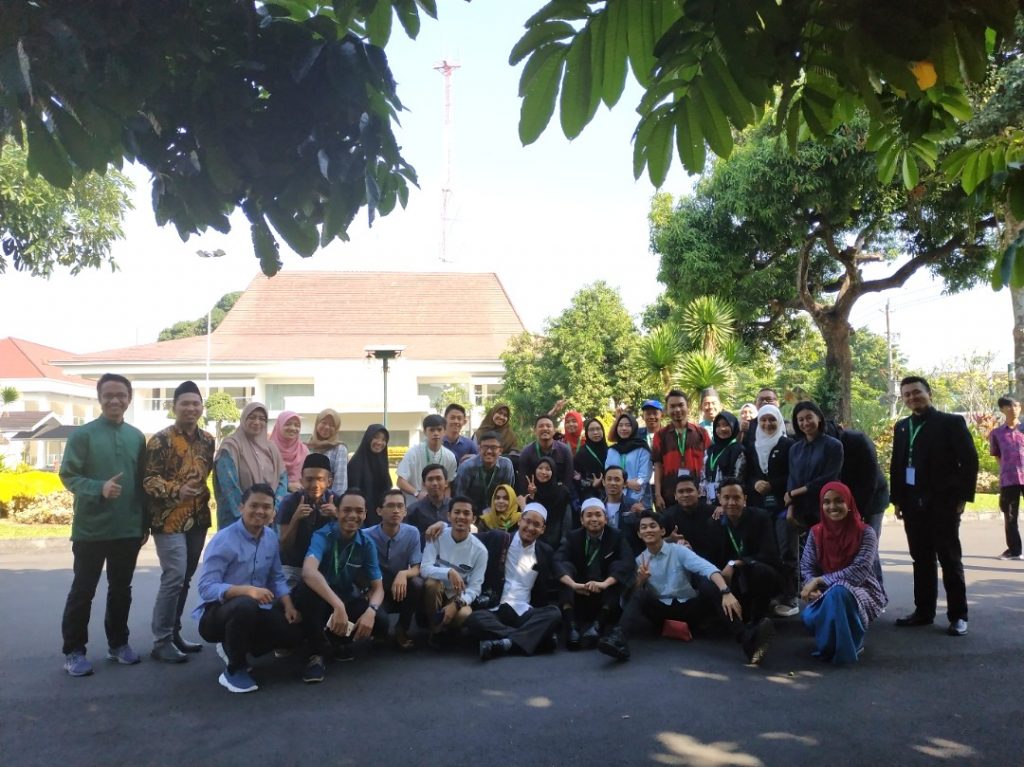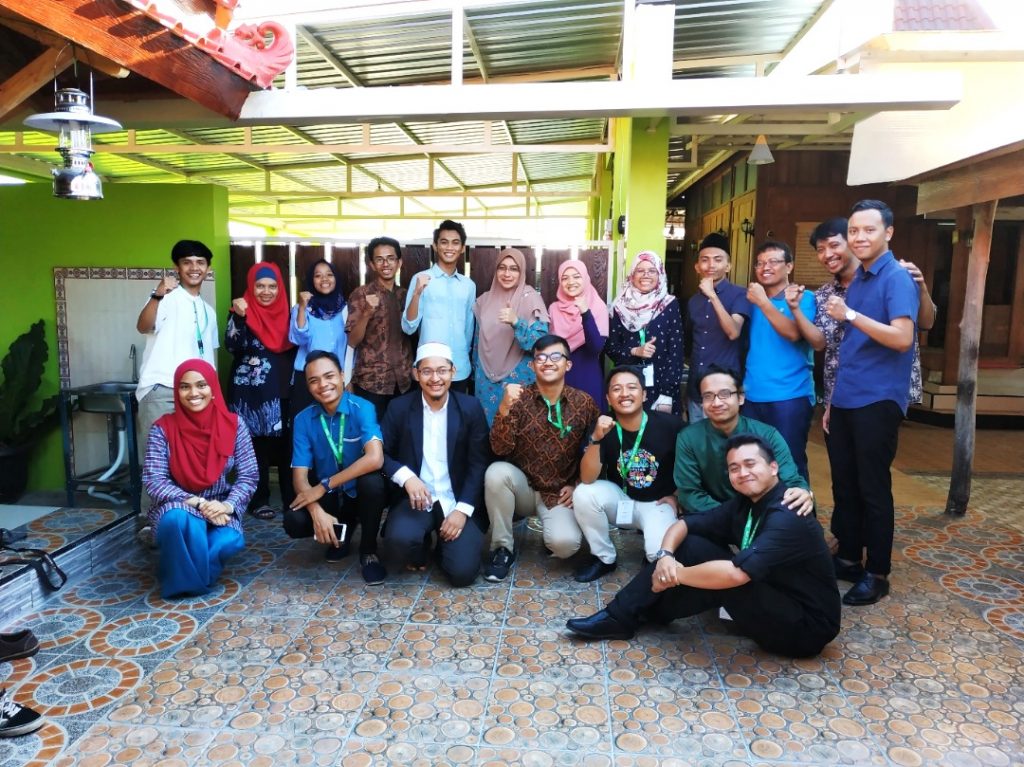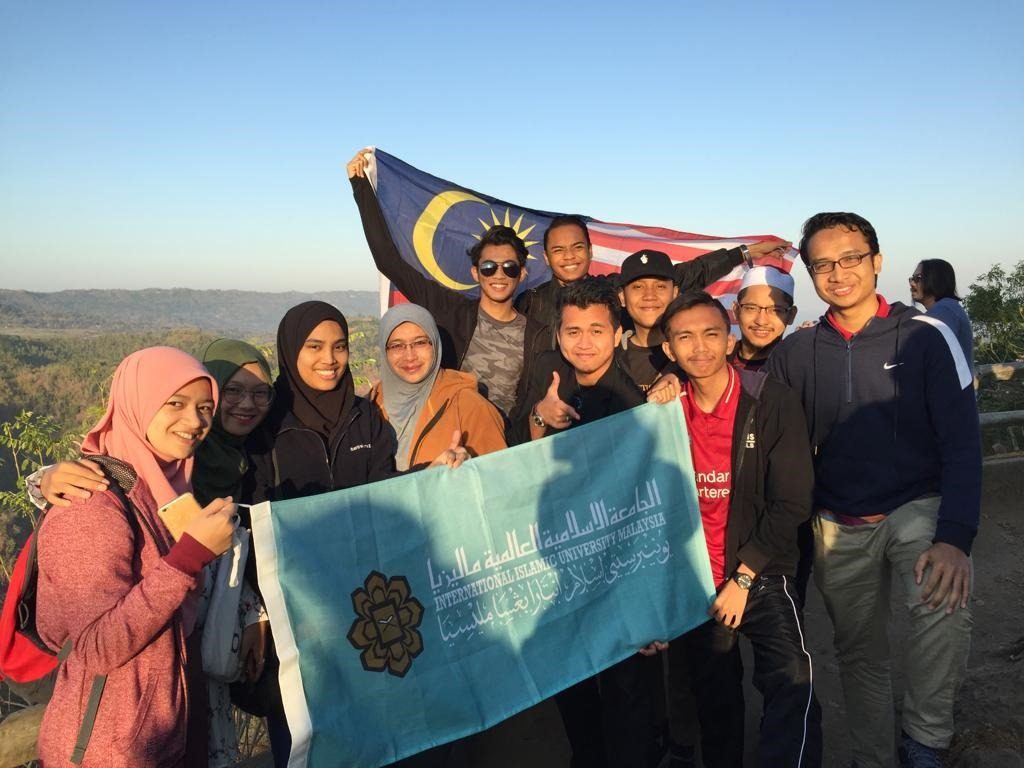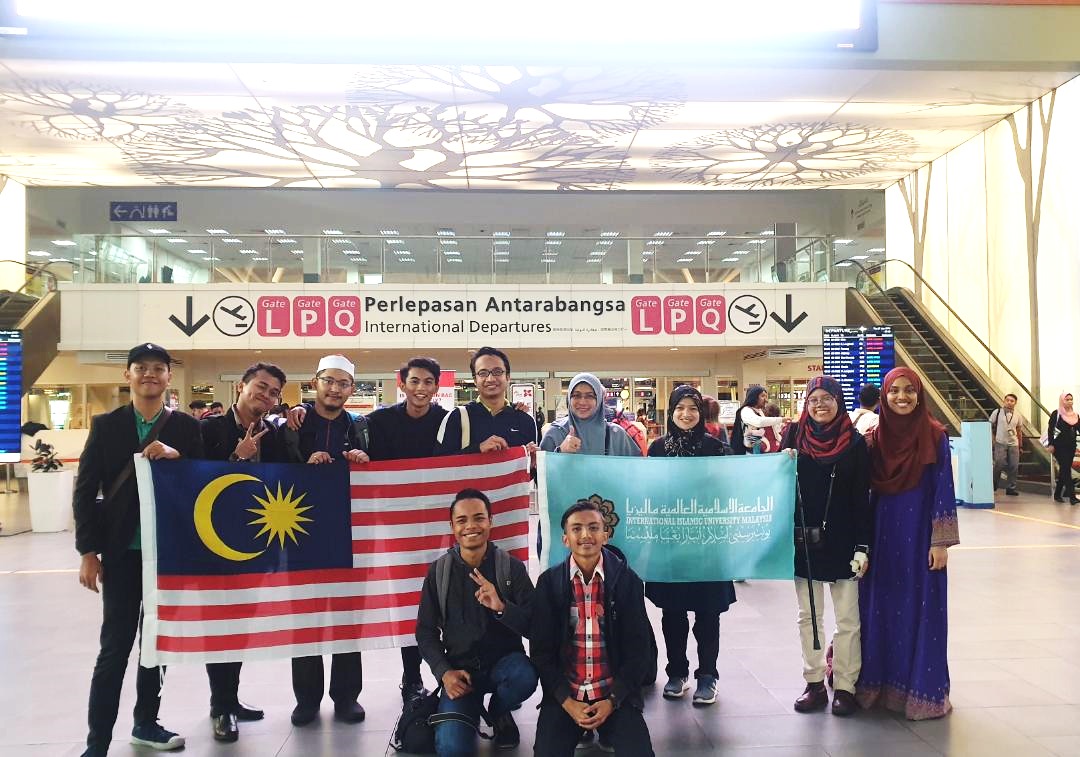By Idayu Mumtaz binti Iskandar
Access to education, rights to property, and freedom of speech – these are three things among other fundamental liberties which could not possibly be fulfilled at its best unless peace prevails in the region.
Our ancestors have struggled with their blood, sweat and tears to achieve independence which we get to enjoy today. Hence, preserving this blessing is the duty of all, especially the leaders of tomorrow whom our collective future depends on—namely the youth.
On 28 until 30 June recently, ten IIUM students were chosen to participate in the International Jogja Youth Camp 2019 which was aimed to raise youth’s awareness on regional inclusivity.
Accompanied by distinguished officer Madam Nurul ‘Ain Mohamed Noor from the Student Affairs and Development Division of IIUM (STADD), the delegates to the camp were Adhura Husna Farouk Izwan, Ahmad Badri Ahmad Borhan, Amir Nadzim Kaharudin, Idayu Mumtaz Iskandar, Khaziq Ashraf Muhamad Nasrah, Mohammad Harith Mohd Reazal, Muhammad Anwar Mohd Nor, Muhammad Zaim Nur Zaini, Raja Abdul Muiz Raja Iskandar, and Wan NurHafizah Izni Wan Ibrahim. They are members of the IIUM’s Student Representative Council (SRC) of Gombak, Pagoh and Kuantan campuses, Mahallah Representative Coordination Council (MRCC), and Young Global Leaders (YGL) respectively.
The first day commenced with a lively ice-breaking session, before a seminar titled “ASEAN as a Single Community” was held to educate the participants on what it means to be part of the Association of Southeast Asian Nations (ASEAN) and the place of youth in it.
Riaz Saehu from Indonesia’s Ministry of Foreign Affairs highlighted how ASEAN’s visions were created by its top leaders, yet fostering a true sense of communal unity which entails grassroots approaches.
Following that, Dr. Azhar Ibrahim of National University of Singapore enlightened on the cruciality of intellectual activism among youth for the progress of developing communities.
On the other hand, Dr. Achmad Zainal from Indonesia discussed ideals, trends, and recommendations for inclusivity in the ASEAN region. The rest of the evening was spent discussing on fellowship issues over a lovely welcoming dinner.
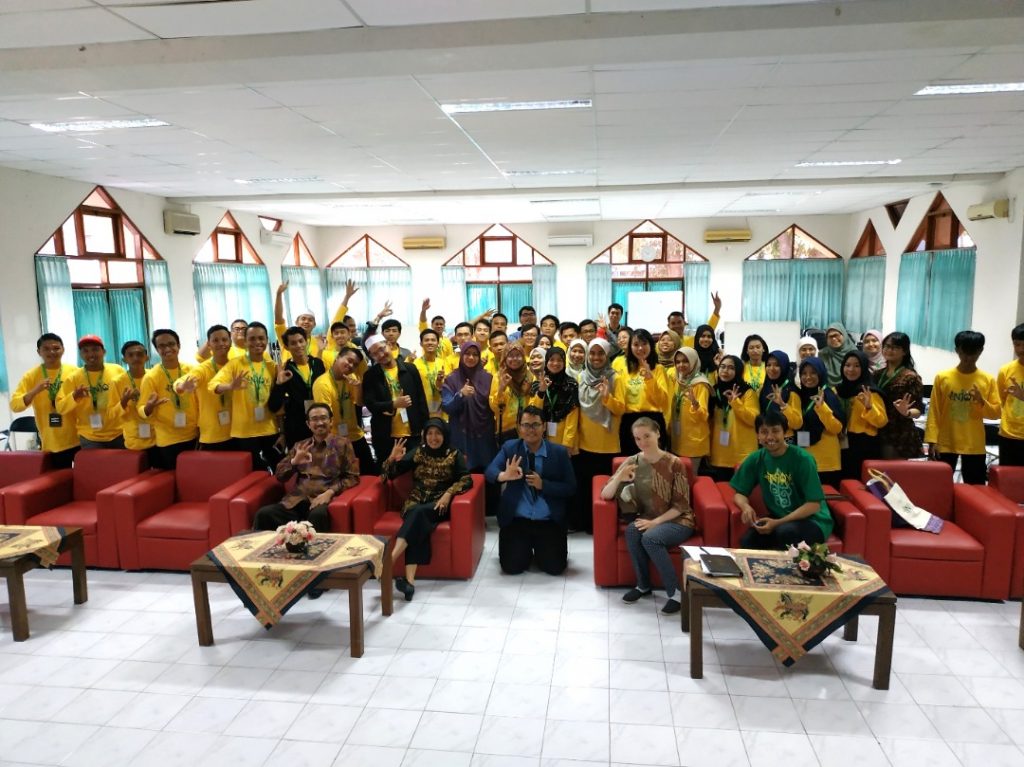
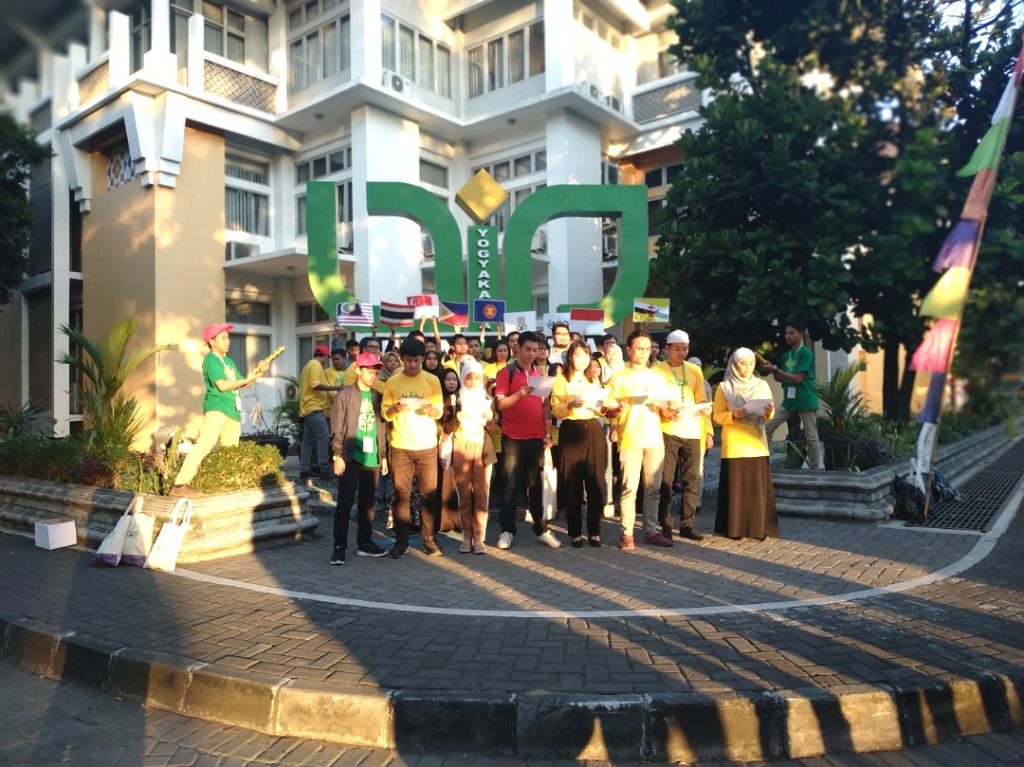
The second day of the event saw the seminar raising the issue of “Where to Start? Youth Working for Inclusiveness in the Region and for the Future of the Global World”.
Dr. Siti Ruhaini, who is the special officer to the office of the President of Indonesia, talked about the challenges of religious identity and nationalism in the era of Industrial Revolution 4.0 where she suggested that middle-way approaches (ta’aruf, tabayyun, and ta’awwun) were crucial in solving ethno-religious conflicts.
Verena Meyer of Columbia University, New York, presented her study on embedded inclusiveness in Islamic sufism, specifically on how a religious epic in a classic Javanese literature developed as being influenced by the advancement of Islam.
Later in the group workshops, participants identified and discussed the roots of some prevalent issues surrounding the youth such as employment, education system, and representativeness. They then shared their diverse experiences and views, and brainstormed some possible solutions.
Student representatives then presented their group’s findings, drafted a consensual declaration, and led its proclamation at the press conference where what was pronounced included promoting respect for the diverse social and cultural contexts across ASEAN nations and encouraging sharing of experiences and opinions via social media platforms to raise awareness.
On the Cultural and Awarding Night, IIUM students performed a short play which depicted the harmonious multiracial nature of Malaysia, besides witnessing unique performances by fellow participants. They were indeed delighted about the victory of their fellow comrades—Muhammad Anwar bin Mohd. Nor of SRC Kuantan (winner for Best Paper Award), and Mohammad Harith bin Mohd Reazal of YGL as the first runner up place for the Best Photo Award. The topic given for the paper competition was “ASEAN as an Inclusive Community: Challenges and Opportunities”, while the theme of the photo competition was “Youth in ASEAN Countries”.
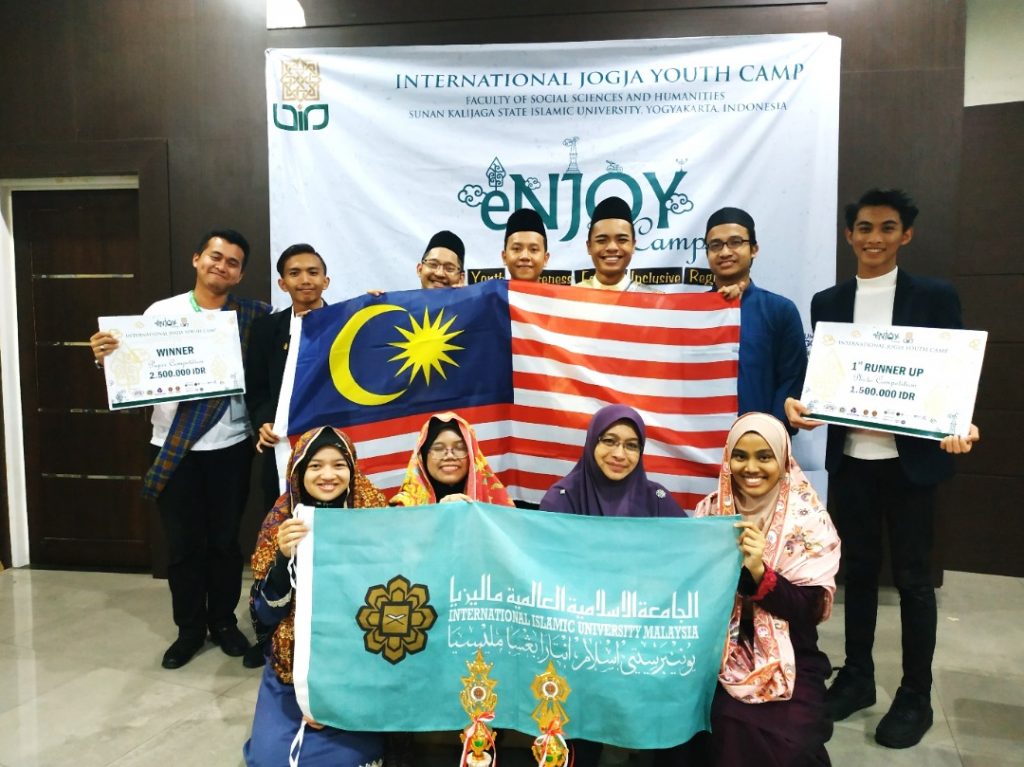
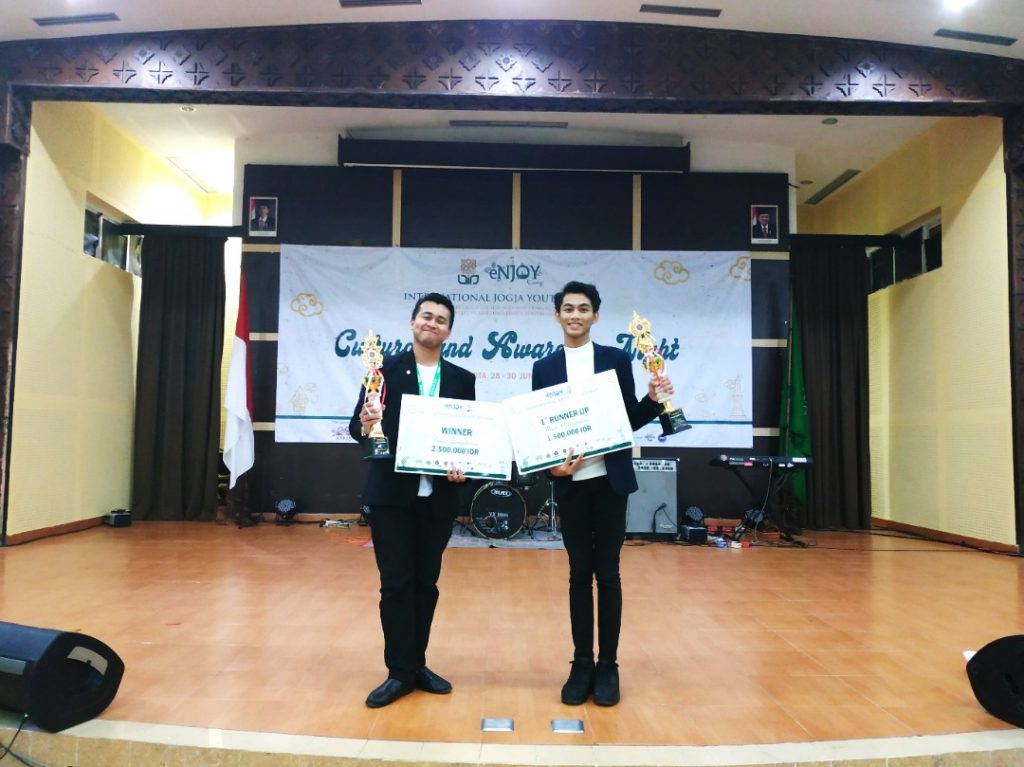
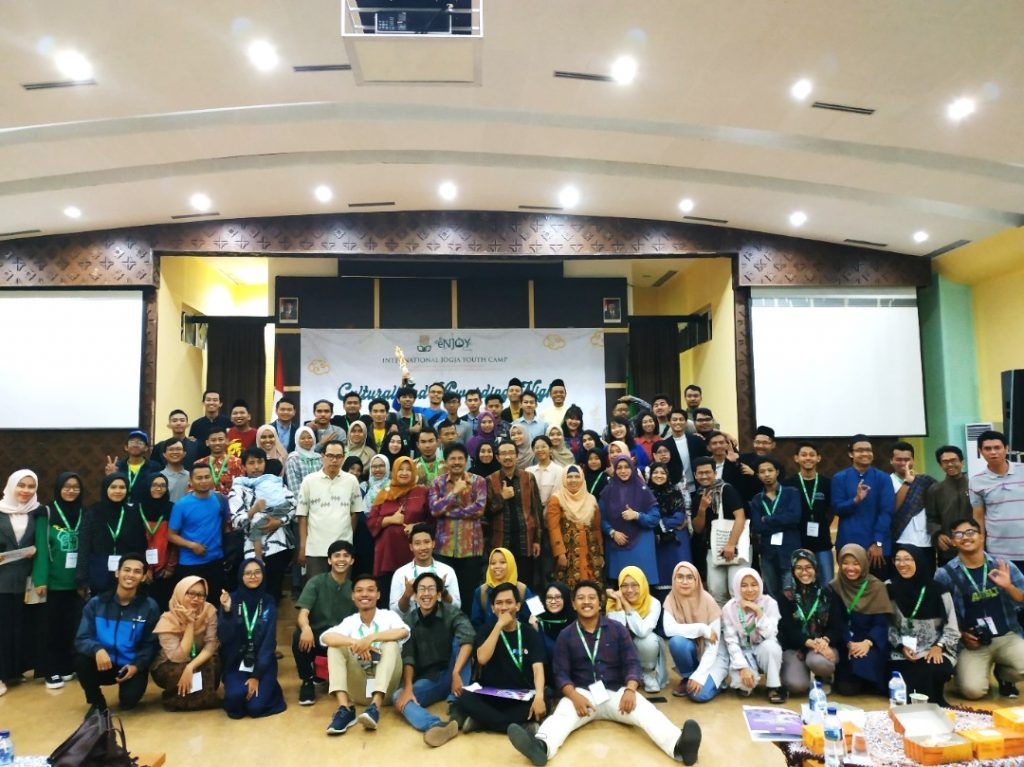
The third day of the camp called for an exploration of the cultural richness of Yogyakarta. Participants walked down the memory lanes of Indonesian politics and arts at Gedung Agung, Presidential Palace, Fort Vredeburg Museum, and Sonobudoyo Museum.
The closing ceremony of the camp was graciously held at Omah Dahar Mbah Wanto where they had an amazingly scrumptious village-style lunch, comprising Indonesia’s very own local cuisines. Best of all, the participants’ minds got to feast too as the meals meant opportunities to indulge in deep conversations with new international friends about their lives, struggles and aspirations. They were inspired to read more critically, observe more consciously, and live more daringly. Thanks to the arrangement of the programme where the networks and bonds established among the youth at the camp were crucial to nurture curiosity, understanding and empathy among them.
The programme was organised by Sunan Kalijaga State Islamic University Yogyakarta. The IIUM delegates expressed appreciations and thanks to their sponsor and the host. “At the end of the day, it matters not what languages we speak nor the colour of our eyes, but how we treat and serve fellow human beings,” they said in a statement. ***
